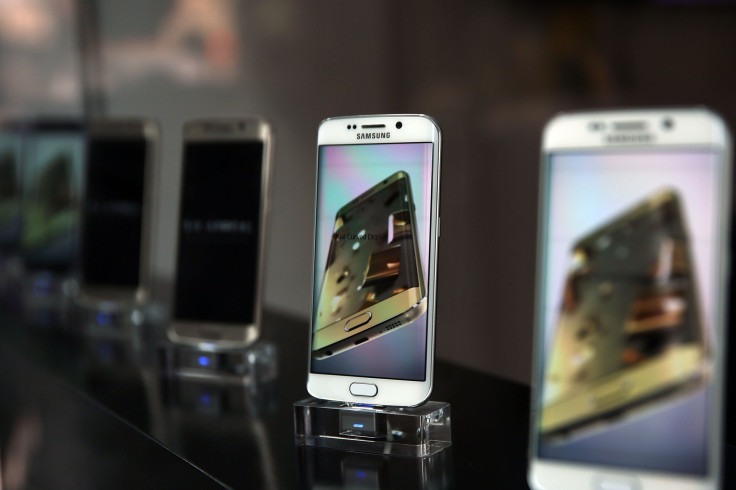Samsung Galaxy S7’s Rumored Exynos 8890 Chip Makes History On AnTuTu By Scaling 100K Mark

Samsung’s power-packed Exynos 8890 chipset, believed to be part of the Galaxy S7, has amassed a record score in AnTuTu benchmark test.
The next-generation Samsung chipset has seemingly made history on AnTuTu benchmark site by scaling the 100K mark. To be specific, the Exynos 8890 reported to be powering the flagship Galaxy S7 has tallied 103,692 points, according to Mobi Picker, which cited an unnamed source. In comparison, the powerful Kirin 950 SoC from Huawei apparently amassed 79K points quite recently. The Mate 8, on the other hand, secured more than 94K points.
According to reports, the Exynos 8890 SoC is expected to be part of many high-end Galaxy series of devices, said to be released in 2016. The handset that visited the benchmark site apparently carried the model number SM-G9300, which is actually one of the variants of Samsung Galaxy S7.
Meanwhile, Phone Arena said that the same Exynos 8890 chip passed the Geekbench site, scoring a top-notch 6,908 points on the multi-core test and 2,294 on the single-core test. This chipset has reportedly been manufactured by the now-famous 14 nm FinFET process, which is guaranteed to be energy efficient.
But then, according to rumors, Qualcomm’s powerful Snapdragon 820 chip will be powering the Galaxy S7, specific to the U.S. and China. Samsung’s Exynos 8890 will apparently power the variants earmarked for the rest of the world.
Speaking of key specifications, the Galaxy S7 will reportedly feature a 5.2-inch display, while the Galaxy S7 Edge will come with a 5.7-inch curved screen. Reports said that the aforesaid devices will be introduced on Feb. 21, prior to the MWC 2016 event. In any case, readers are advised to take the reported Galaxy S7 specifications, release date and the benchmark score with the proverbial pinch of salt as the South Korean tech giant has not confirmed any information so far.
© Copyright IBTimes 2024. All rights reserved.











